|
Whether their formulas have changed with the times or stayed delightfully the same, these 26 must-haves are the best beauty products and deserve a permanent place in your medicine cabinet.
Behold the lotions, potions, and fragrances that, according to 300 experts, have claimed their spots as the best beauty products of all time for your skin, your hair, and everything other beauty concern. 7/15/2018 0 Comments 5 Hair-Saving Shampoo ProductsSwimmers know just how quickly their hair can dry out after finishing practice – it can feel like it’s turning into pieces of straw. This dry, brittle hair stems from hours of chlorine exposure in the water. When the hair shafts absorb chlorine, the hair is stripped of its natural protective oil. Repeated exposure to chlorine in practice can cause your hair to crack and eventually split at the ends.
While chlorine is unavoidable as a swimmer, a few good options exist to preserve the health of your hair! Hair Break-Down Although your hair can begin to split, chlorine has not been found to cause hair loss among swimmers. Waiting too long to wash your hair, however, can result in hair discoloration – notably a silvery tint. Discoloration stems from oxidized metal (mostly copper) finding its way into the cracks of the hair cuticles. Once the hair cuticles become severely damaged, more space is available for the metals to settle in your hair. Because chlorine can damage your hair so quickly, it is necessary to wash out your hair soon after exiting the pool. It is essential to protect your hair after each practice and meet. Here are five shampoos that are perfect to use to avoid “swimmer’s hair.” 1. TRISWIM TRISWIM is one of the top chlorine-defense shampoos on the market. Its formula includes ingredients such as Organic Aloe Vera, Vitamin A and E, and ProVitamin B5 to truly hydrate your hair. It removes chlorine, salt water, and any green tint your hair may be building up. Not only will it leave your hair clean, healthy and soft, but it will also leave your skin moisturized. 2. dpHUE This clarifying shampoo works best for swimmers with color-treated hair. Some shampoos contain sulfate which can lead to premature fading, but dpHUEswaps sulfate for Vitamins A and E for optimal hair cleansing. It will leave your hair soft and won’t fade away your awesome color. 3. Ultra Swim This shampoo uses the same classic hair cleansing ingredients to leave your hair more voluminous and shinier than before. It eliminates all chlorine, copper, and oxidized metal build up to leave your hair clean and damage-free. Another perk is that this can be used in any type of hair: colored, permed, chemically treated or relaxed. 4. Paul Mitchell Shampoo Three This shampoo is the “stylist” option. It is very good smelling shampoo to leave your hair smelling fresh. To ensure that this product works best, it is recommended to leave the shampoo sitting in the hair for a couple minutes as it works its magic. This product is paraben free and vegan! 5. Solpri Swim and Sport This shampoo has a main ingredient of Vitamin C, which does a good job at breaking down chlorine from the hair and skin. This bottle comes as a shampoo and body wash combination which makes it easier to carry around one bottle at all times. This product is safe for kids and sensitive skin! Be a Healthy-Haired Swimmer While you may love picking at your split ends, know that there is a better way to spend your down-time. Make sure you take good care of your hair after each time you are in the water! Protecting your hair will keep it looking healthy and fresh throughout this summer season. Commentary: All commentaries are the opinion of the author and do not necessarily reflect the views of Swimming World Magazine nor its staff. This article was found on Swimming World If you are an outdoorsy girl, you understand the struggle that is camping hair. I mean, it does not matter how much you love camping, no one likes waking up and sporting hair that looks like it hasn’t been washed or combed in a month. And unfortunately for me, I was not blessed with hair that looks good when it hasn’t been washed. My hair will take a sharp dive into rat’s nest after the first 20 hours of not having a shower, so camping is a challenge. However, I love camping more than most things in this life, so I have developed some of my own little tricks for taming the mane into looking photo ready. Here are 5 ways to deal with your hair when camping.
1. Braid it I taught myself how to braid out of pure necessity. If you are on day three of camping, braid your hair; it looks cute and effortless while keeping your greasy locks cleverly hidden. However, if you have thin hair like me, and braids don’t look all that great, you should still pick up this skill. Braid your hair at night, so you wake up with some curls and body to work with instead of lifeless flat hair. 2. Water Now, please don’t be stupid and wet your hair if you are in a cold region, but this tip has saved me many a time. If you have hair that dries decently well, consider damping it a little in the morning to give it a revitalization. No, I don’t think you should dunk your head in water, unless its 80 degrees, then go for it, but a little water can go a long way. I have scooped handfuls of water out of clear streams and even used extra heated water from coffee in the mornings to give my hair some love. 3. Hats There is not much to say about this one. Find a hat that you love, that looks good on you, and bring it. Figure out several ways to wear your hair with the hat, so you can use it more than one day without getting bored of it. 4. Dry shampoo Some people think dry shampoo on a camping trip is high maintenance, but honestly, those people can kiss it. I buy travel or sample size bottles of dry shampoo and pack them with me on every camping trip, even on my backpacking trips. To me, it’s one hundred percent worth the tiny amount of weight and space to have hair I can work with in the mornings. There are plenty of easy ways to deal with your hair when camping. 5. Wear it up This is very different from the braids and here’s why… I want you to wear your hair up the first day, and every night. The less your hair is down, the less grease and grime it collects, and when you wear it up in a twisted bun at night, you are more likely to wake up with better-looking hair. This is also a way of telling you to not wear a hat too soon. Unless you have crazy good hair, there is no coming back from hat head, so delay putting a hat on as long as possible. This article first appeared on Society19 6/27/2018 0 Comments Should I use… Salt spray?It’s been touted as a summer essential, but is salt spray the right product for you? Read on to find out how you can bring the beach to your bathroom… Why is it that your hair always looks great on the beach? All it takes is a quick dip in the ocean to bring out the best in it – tousled with plenty of volume and waves worthy of the sea itself. It’s no wonder that hair brands have tried to bottle this mysterious power, so you can have Bondi hair even if you’re going no further than Birmingham.
Bumble and bumble launched the first ever salt spray and Bb. Surf Spray has since achieved iconic status in the beauty world, bringing beachy style to dressing tables all around the world. Most haircare brands now have a salt spray of their own and it’s not hard to see why these products are so popular: “Salt spray will give you tousled, super textured, beachy waves without stepping a foot on sand or in the sea,” says Hayley Gibson-Forbes, co-director at SJ Forbes salons. “Our clients love the look, feel, and smell of a good salt spray, along with the added bonus that it is super easy to use as part of their at-home or holiday haircare regime.” So, how do you use it? “It is normally used as a styling tool once the hair has been cleansed and conditioned, giving the hair a gritty, look,” explains says Gorka Arraras, creative manager at Charles Worthington Salons. “Salt spray is great for fine hair, adding volume and texture as long as the amount applied is not overpowering.” And you can use it in different ways, depending how strong an effect you want – “It is best applied to the mid-length and ends of the hair. You can simply spritz onto dry hair and scrunch into locks for messed up texture, or spray onto wet hair and blow-dry for a more subtle, voluminous look,” says Hayley. However, as anyone who’s ever overindulged during a holiday will be able to tell you, you can have too much of a good thing. “Overuse of salt spray can lead to the hair feeling dry or matted,” warns Gorka. “To resolve this I would recommend weekly treatments or using a primer when blow drying. This will leave the hair nourished and in good condition without compromising on the styling. It will let you achieve the look that a salt spray gives without drying it out.” So, make sure that you treat your hair as nicely as you would after a day at the beach and top it up with plenty of hydration. If you find salt spray too drying on your hair, Robert Eaton, creative director at Russell Eaton salons, has some advice. “Clients often strive for that perfect beach look hair full of texture, however finding then perfect product can be difficult,” he says. “For me, it is all about creating the texture but in a non-abrasive way – there are some amazing products out there that do this but if you can’t find the right salt spray, have a play with some different dry shampoos.” Sugar sprays are also a good alternative – Paul Mitchell’s Neon Sugar Spray maintains softness and hydration, while Kérastase Aura Botanica Eau du Vagues has protective properties and is made of 98% natural ingredients. Or you can always go for a twist on the original – Bumble and bumbleoffers a whole range of sea-inspired products including a the Surf Foam Wash shampoo and conditioner, to build texture as you cleanse, and the Surf Infusion which is a salt spray infused with oil. Race you to the beach! This article first appeared on Layered Months spent on a sunny beach will probably lighten your hair, but it will damage it. Which is why you need to keep that hat on! REMEMBER that amazing spray that worked magic on your hair. Unfortunately “sun-kissed” hair isn’t exactly a good thing. BACK in the ’80s and ’90s, many Aussie girls forked out their hard-earned cash on a bottle of SunIn, soaked their hair, then lay out in the sun, hoping for lighter tresses.
But it turns out we probably didn’t need the extra help that spray provided. Spending all summer outdoors will lighten your hair even if you don’t put anything extra in it. Trichologist Anthony Pearce says it’s all down to ultraviolet radiation. The colour pigment in our hair shafts is oxidised by exposure to ultraviolet radiation, that according to Pearce, is “the same chemical process as having the hair bleached”. This might sound like welcome news for those who spend hundreds of dollars (and hundreds of hours in the hairdresser’s chair) attempting to lighten their hair. But be warned, “sun-kissed” hair isn’t exactly a good thing. “The sun can ‘bleach’ hair blonde but in doing so degrades the hair as well,” Pearce, founder of Anthony Pearce Trichology, explains. A lighter hair colour as a result of time spent in the sun equals a permanently weakened hair shaft. Hello split ends, dryness and a whole lot of irreversible damage. The solution? For starters, wear a hat when you’re outdoors and opt for hair products that provide protection from ultraviolet radiation — they’re like sunscreen for your hair. “I’m a big believer in protecting your hair against UV rays the same as we do for our skin. It is especially important for weak or colour-treated hair,” explains Lisa Farrall, hair expert for Fudge Professional. “It is also important to think of your scalp, especially your part. I find the best trick is to use a high SPF lip balm on your scalp to avoid it burning, it’s easy to apply with no grease and it will stop you from having a flaky scalp.” If you are looking to speed up the hair lightening process, there are some great options out there that don’t involve sun damage. For anyone who grew up in the late nineties or early noughties and abused hair lightening product Sun In like I did (I still shudder thinking about the Coke-coloured patches on my head), you’ll be pleased to know the technologies and formulas have improved dramatically. The key? Three-time Australian Hairdresser of the Year and Co-Creative Director of ELEVEN Australia, Joey Scandizzo, recommends simply asking for subtle highlights. “Most hairdressers understand what ‘sun-kissed’ hair is — a great way to describe it is to say you would like subtle variation through the front or the ends which are generally the places the sun hits,” explains Scandizzo. “Sun-kissed means you want to go only one or two shades lighter, nothing too drastic.” If you’re religious about keeping your hair out of the sun but still find your hair has lightened by the time March rolls around, there are a couple of reasons for that. “Salt water will also lighten hair in it’s dual effects with ultraviolet light. Salt water can add to hair damage as it can swell and dry hair shafts; making them more porous and prone to breakage,” explains Pearce. Oh, and that chlorinated pool you’ve been swimming in? It’s not your hair’s friend either. “As an alkaline, chlorine is potentially the most damaging to hair. Hair should be double shampooed immediately after swimming. Depending upon what chemicals are added to the pool water, Chlorine pools can gradually cause a green/blue discolouration to hair,” says Pearce. Edwina Carr Barraclough is a Sydney-based lifestyle editor and social media and content strategist. You can see more from her on Instagram or Facebook. This article first appeared on news.com.au |
Hair by BrianMy name is Brian and I help people confidently take on the world. CategoriesAll Advice Announcement Awards Balayage Barbering Beach Waves Beauty News Book Now Brazilian Treatment Clients Cool Facts COVID 19 Health COVID 19 Update Curlies EGift Card Films Follically Challenged Gossip Grooming Hair Care Haircolor Haircut Hair Facts Hair History Hair Loss Hair Styling Hair Tips Hair Tools Health Health And Safety Healthy Hair Highlights Holidays Humor Mens Hair Men's Long Hair Newsletter Ombre Policies Procedures Press Release Previous Blog Privacy Policy Product Knowledge Product Reviews Promotions Read Your Labels Recommendations Reviews Scalp Health Science Services Smoothing Treatments Social Media Summer Hair Tips Textured Hair Thinning Hair Travel Tips Trending Wellness Womens Hair Archives
June 2025
|
|
Hey...
Your Mom Called! Book today! |
Sunday: 11am-5pm
Monday: 11am-6pm Tuesday: 10am - 6pm Wednesday: 10am - 6pm Thursday: By Appointment Friday: By Appointment Saturday: By Appointment |
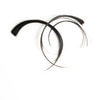
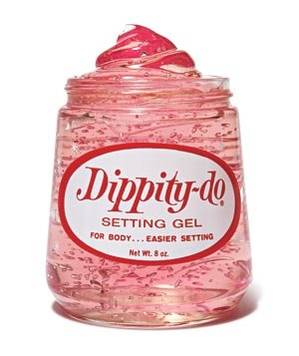

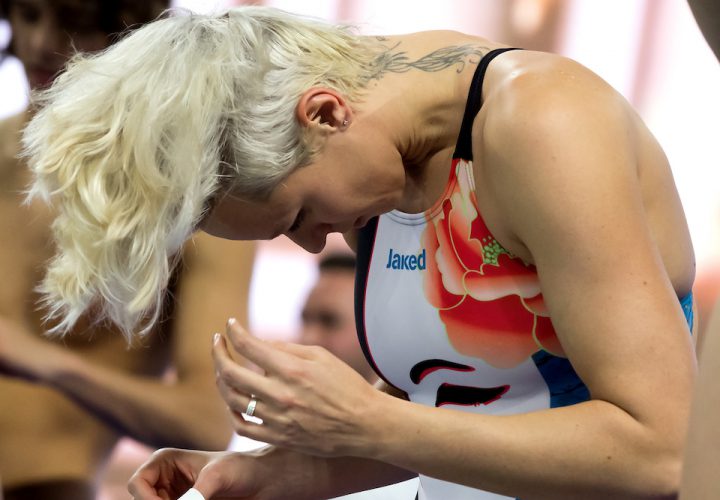

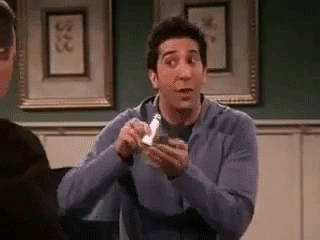
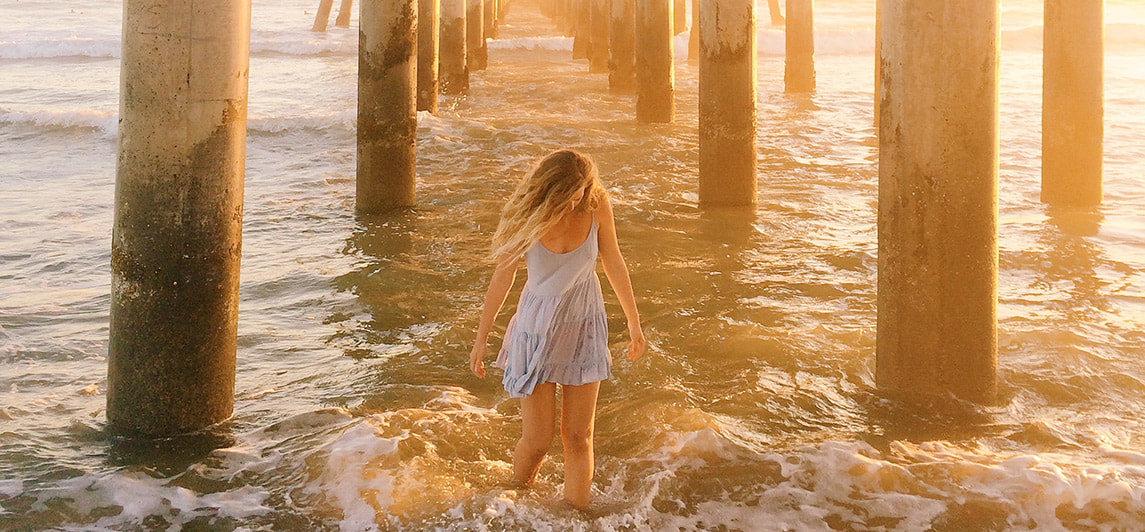

 RSS Feed
RSS Feed